Tu n'as plus assez de jetons pour télécharger ce document !

Pour gagner des jetons
- Envoie-nous un document ! +20Envoyer
- Poste un commentaire de qualité ! +5
We can do more from an educational point of view. Borrowing from “real” sciences we
have taken a very agnostic approach to teaching. But physicists do not teach to atoms and atoms do not
have free will. If they did, physicists would be concerned about how the atoms being instructed could
change their behavior and affect the universe. Experimental evidence (Wang et al, 2011; Cohn et al.,
2014) seems to suggest that we inadvertently do teach people how to behave and not in a good way.
For an academic economist the answer to the question raised in the title seems obvious. After all, there are
plenty of theories that explain the crucial role played by finance: from managing risk (Froote et al., 1993)
to providing valuable price signals (Hayek, 1945), from curbing agency problems (Jensen and Meckling,
1976) to alleviating informational asymmetries (Myers and Majluf, 1984). Furthermore, there is plenty of
evidence that finance fosters growth (e.g., Levine 2005), promotes entrepreneurship (Guiso et al, 2004;
Mollica and Zingales, 2008), favors education (Flug et al., 2008; and Levine and Rubinstein, 2014),
alleviates poverty and reduces inequality (Beck et al., 2007).
Yet, this feeling is not shared by society at large. 57% of readers of The Economist (not a
particularly unsympathetic crowd) disagree with the statement that “financial innovation boosts economic
growth.” When asked “Overall, how much, if at all, do you think the US financial system benefits or hurts
the US economy?”, 48% of a representative sample of adult Americans respond that finance hurts the US
economy, only 34% say that it benefits it.1
This sentiment is not just the result of the crisis: throughout history finance has been perceived as
a rent-seeking activity. Prohibitions against finance date as far back as the Old Testament.2 The aftermath
of the 2007-08 financial crisis has only worsened this view. From Libor fixing to exchange rate
manipulation, from gold price rigging to outright financial fraud in subprime mortgages, not a day passes
without a news of a fresh financial scandal. After the financial crisis, Americans’ trust towards bankers
has dropped tremendously (Sapienza and Zingales, 2012) and has not yet fully recovered.
It is very tempting for us academics to dismiss all these feelings as the expression of ignorant
populism (Sapienza and Zingales, 2013). After all, we are the priests of an esoteric religion, only we
understand the academic scriptures and can appreciate the truths therein revealed. For this reason, we
almost wallow in public disdain and refuse to engage, rather than wonder whether there is any reason for
these feelings.
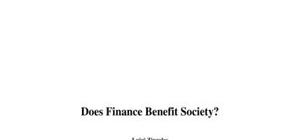
Academics’ view of the benefits of finance vastly exceeds societal perception. ...
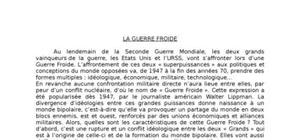
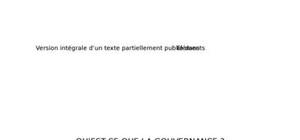
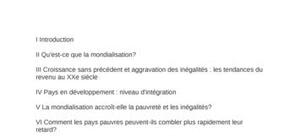

Voici un PPt sur la notion de conscience ...
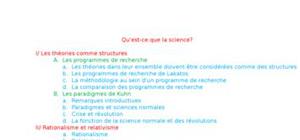
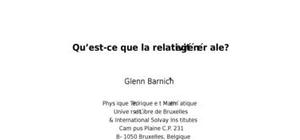
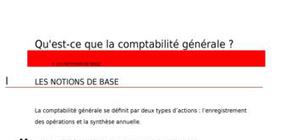
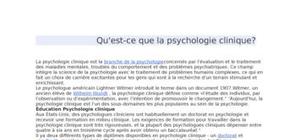

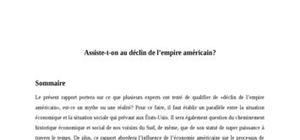
Assiste-t-on au déclin de l’empire américain ? Retrouvez dans ce dossier toutes les infos nécessaires à la compréhension de ce phénomène... ...

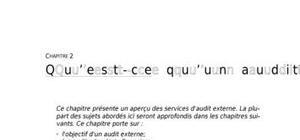

Voici une fiche de lecture consacré à un article du philosophe Emmanuel Kant, intitulé "Qu'est-ce que s'orienter dans la pensée ?" ...
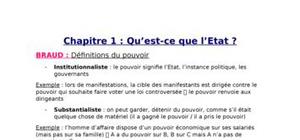
Crée un compte gratuit pour télécharger ce document
Je m'inscrisOUJ'ai déjà un compte
Je me connecte
le titre du document est e en français tandis que la rédaction est en Anglais. ???